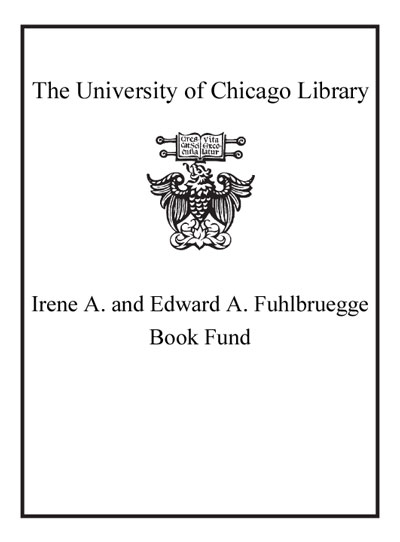Review by Choice Review
Perez (English, Univ. of Nevada, Las Vegas) has two objectives in this discussion of four works by writers of the 19th century and early 20th. The first is to reverse the "static, fixed, and one-dimensional formulation" of Mexican American cultural identity that Chicano scholarship has offered. Perez expands that formulation by turning to a real place, the hacienda (as opposed to the mythical Aztlan) as the constant in the memory and the background of Mexican immigrants of all classes and their descendants. The author's other objective is personal: to identify the complexities within his own past in the contradictory memories and views descendants have of their ancestors and to examine the causes of these ambiguities and their effects on the psyche. This book is a rarity: a well-researched, scholarly, theory-based effort that takes a personal approach throughout. In fact, along with recognized fiction and autobiography, the author examines his grandfather's memoirs, which he himself assembled and edited. Notwithstanding this unusual choice of material, Perez makes a sound and convincing case for his premise. The reader learns not only about the significance of the hacienda system but also of individuals torn between physical and cultural worlds in their quest for identity. ^BSumming Up: Highly recommended. Lower-/upper-division undergraduates through faculty; general readers. S. T. Clark California State University, San Marcos
Copyright American Library Association, used with permission.
Review by Choice Review

